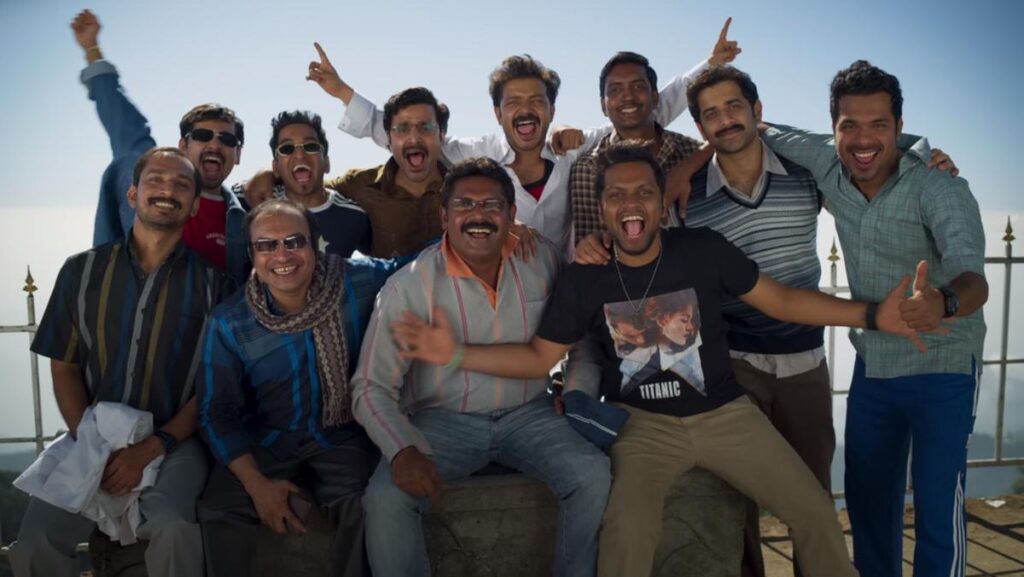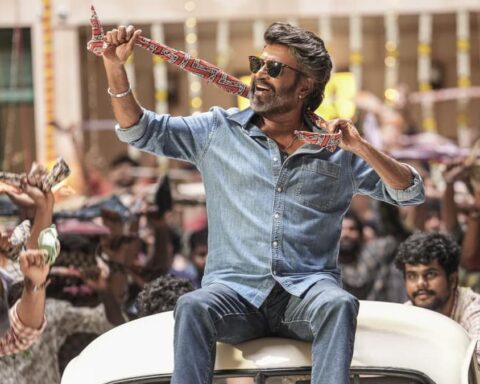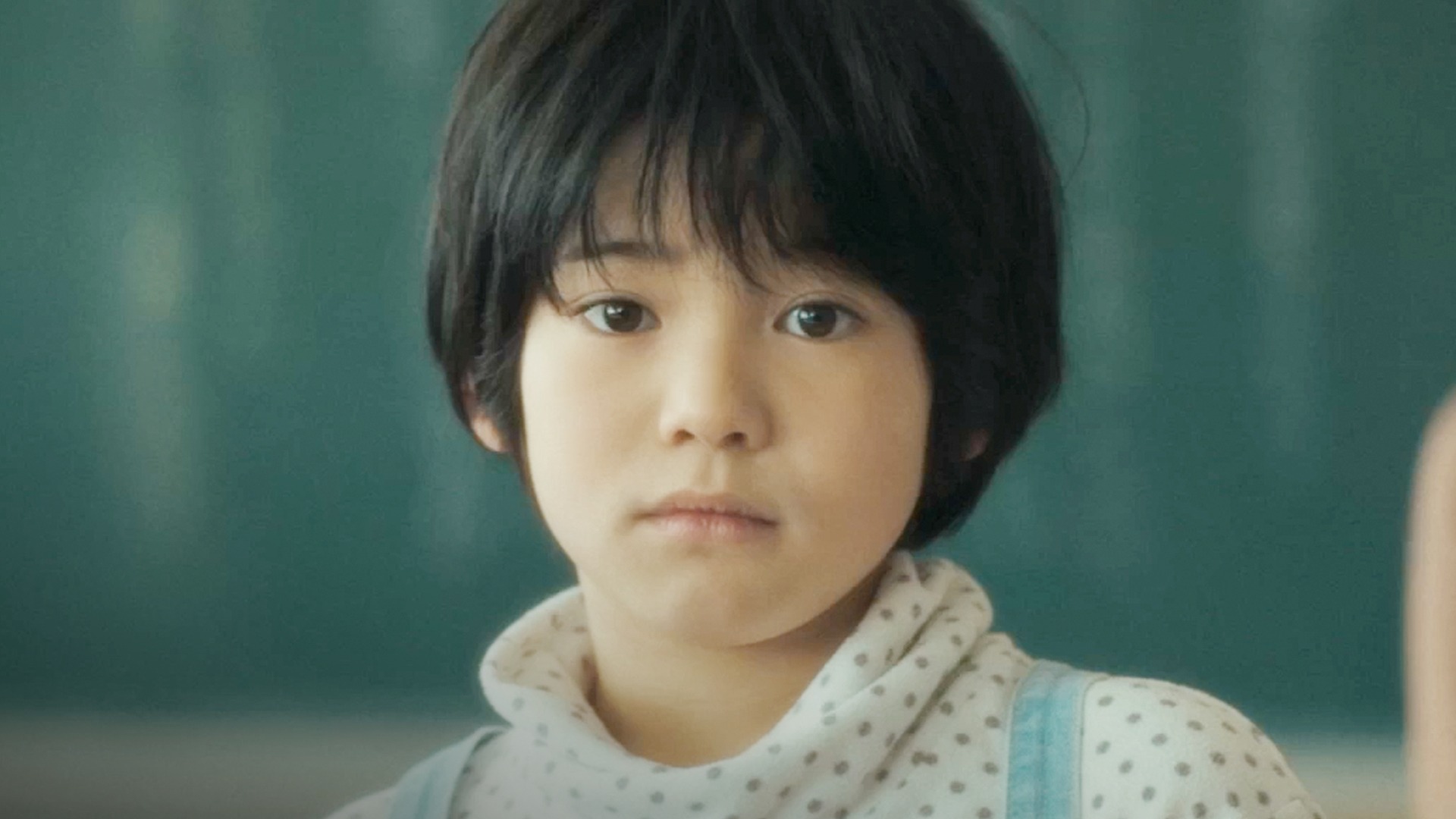Malayalam filmmaker Chidambaram‘s sophomore film, Manjummel Boys, is based on a true story. Even though true stories provide an essential template to weave the story around, they also restrict the filmmaker from broadening his creativity. In Manjummel Boys, however, Chidambaram found a poignant plot and marvellously blends it with the cinematic sensibilities of the audience.
From its ordinary cookie-cutter introduction scenes, this film quickly transforms into a gripping emotional drama in no time. The film revolves around the members of a local club in Manjummel in Kochi. Located in the shadow of Ernakulam’s industrial belt, Manjummel is a quaint town. Its skyline is dotted with the smokestacks billowing black smoke. Manjummel Boys – ten ordinary, easy-going boys – are in their early twenties. They all work in and around Manjummel’s burgeoning small factories. They drink without care, dance at uninvited local weddings, and believe, like every other boy gang in the history of civilization, that their friendship group is the best in the world.
Perhaps a crowning symbol of these kinds of cliques, common in the early 2000s, is the act of vandalizing rocky hilltops by engraving the name of their group with paint. It was a norm, a stamp of authority, and essential to the chest-thumping of their fraternity. Manjummel Boys, too, inscribe their names in a mysterious cave in Kodaikanal during their unruly vacation, but what happens next will remain etched in their memory forever. As the story sets in, the Manjummel Boys, led by Kuttan (Soubin Shahir), the leader and the oldest among the group, are at Guna cave in Kodaikanal; it’s their love for the Kamal Hassan song ‘Kanmani Anbodu,’ which was shot at the cave, that brought them there. As they wander around the cave, shouting the iconic song lyrics, tragedy strikes. A member of the gang meets a horrible mishap. Now, a group of ordinary working-class friends, who value friendship more than anything, has to decide on something that would test the strength of their bond. What makes Manjummel Boys impressive is its clinical understanding of the audience it caters to.

It tells a universal theme in the simplest way possible, yet it strikes a fine balance. From the peripheral aesthetics of the early 2000s nostalgia – of film roll cameras, Toyota Qualis vans, and payphones – the film moves into a thicker plot. The production design is stunning. It seamlessly blends the cave in Kodaikanal with the film set. Everything seems natural and real, with the possible exception of some screaming bats. The editing too is commendable. Vivek Harshan has done a beautiful job by showing the contrasts of Manjummel and Kodaikanal, neatly stitching together memories and hallucinations.
Shyju Khalid‘s cinematography elevates the film in many ways. The vast expansiveness of the Guna cave, the somber silence of Kodaikanal, and the wide shots of the nostalgic wasteland that is Manjummel—every detail is precise on screen. More than a survival thriller, Manjummel Boys is an emotional drama. Chidambaram was able to milk the adrenaline rush and the emotional outpouring of the viewers quite easily. As the film moves into the third act, there are a slew of clichéd survival thriller moments. Then, there are over-the-top moments, exaggerated emotional scenes, and one-liners that shout ‘Esprit de corps,’ but despite all these, the film never slips away from the attention of the viewer.
The casting is apt. Both Soubin Shahir and Sreenath Bhasi, who play major roles in the ensemble, engage in their roles perfectly well. Bhasi effortlessly portrays a troubled young man, and Soubin, known for his adept handling of working-class hero roles, is in his zone here. The other notable performance from the rest of the gang came from Chandu Salim Kumar, the son of one of Mollywood’s iconic comedic actors, Salim Kumar. Even though the role was a red herring at certain points, it synced well with the mystery side of the narration.
Manjummel Boys is a film that understands the territory it operates in very well. It’s an emotionally engrossing feel-good drama that cleverly captures the cinematic sensibilities of the audience. It’s also a technically well-made film, paying attention to detail, visuals, sound, and production design.




